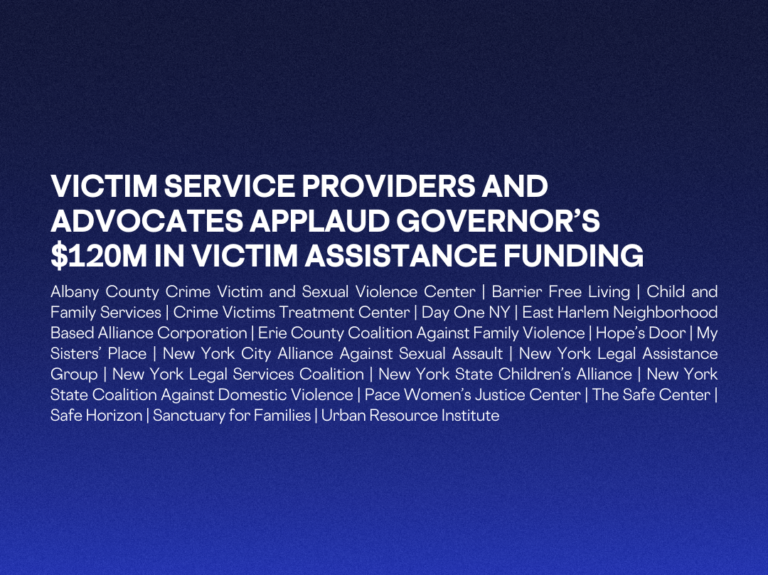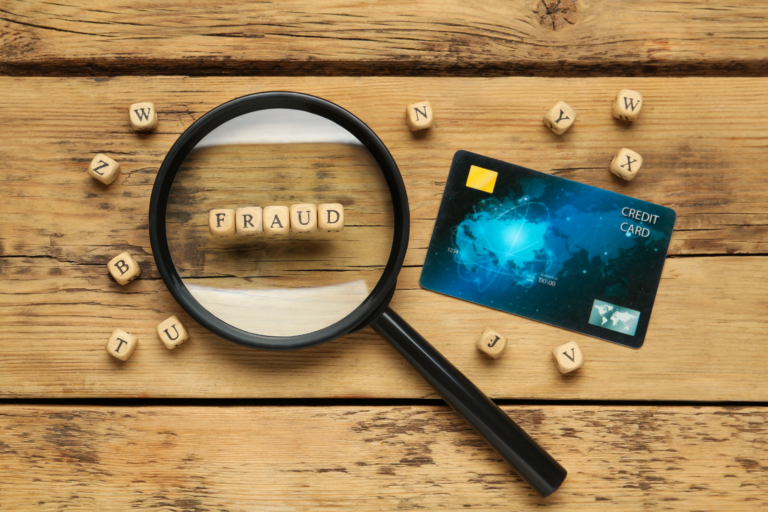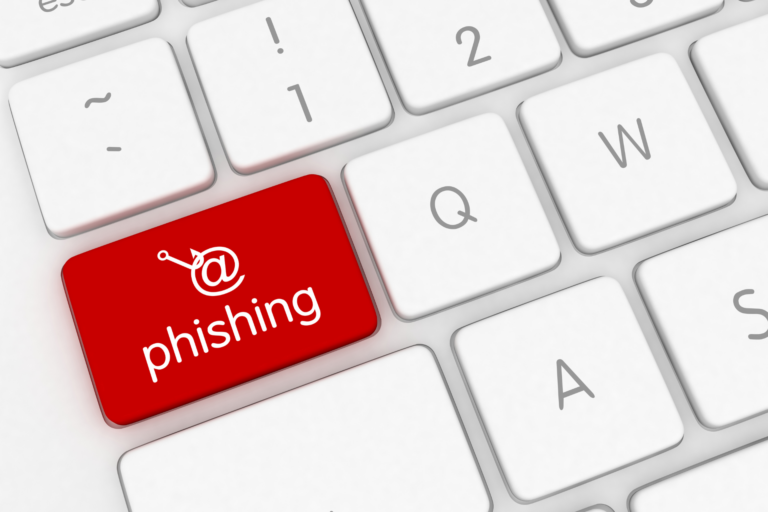By Ruth Cedeno, NYLAG Financial Counselor, and Damara Parra, NYLAG Supervising Financial Counselor
October is Domestic Violence Awareness Month, or DVAM, a time to acknowledge the impact domestic violence has on its victims, educate, and share resources. As financial counselors, we are particularly attuned to an aspect of domestic violence that gets less attention: economic and financial abuse.
In 2021, the Violence Against Women Act (VAWA) was reviewed to include economic abuse as a “behavior that is coercive, deceptive, or unreasonably controls or restrains a person’s ability to acquire, use, or maintain economic resources to which they are entitled.” This term covers other unlawful behaviors such as financial abuse, employment sabotage and economic exploitation. Research from the Center of Financial Security indicates that financial abuse occurs in 99% of domestic violence cases.
Domestic violence, or intimate partner violence (IPV) can cost anywhere between $1.7 billion and $10 billion yearly in lost wages, medical expenses, crisis intervention services, and legal fees, according to a study from the Centers for Disease Control and Prevention.
- Tip: If you are unsure if you are experiencing economic abuse, these articles provide several more examples of this behavior:
- Economic Abuse Within Intimate Partner Violence: A Review of the Literature
- Quick Guide: Economic and Financial Abuse from the National Coalition Against Domestic Violence
What resources are available to people who may be experiencing domestic violence?
For help:
- Call 911, or
- New York City Domestic Violence Hotline at 1-800-621-HOPE (4673)
- National Domestic Violence Hotline at 1-800-799-SAFE (7233). Translation is available.
- New York State Domestic Violence Program Directory
What are some signs of financial abuse?
The National Domestic Violence Hotline and the Office on Women’s Health (OWH) detail ‘red flags’ of IPV. Signs of financial abuse include:
|
|
How can you protect yourself from financial abuse?
Financial abuse weakens the victim/survivor’s ability to empower themselves, limits their ability to flee or be financially independent, and increases their dependence on the person causing them harm. Every situation is different and complicated in its own way. However, we want to share some general tips to protect yourself from financial abuse.
- Protect your information: Keeping your personal finances safe is important, check your credit report regularly, never share your debit PIN, review your bank statements, keep your personal checks, debit cards, credit cards, and any other important financial documents in a secure place.
- Set and track financial goals: Talk to a financial counselor/coach about your savings goals and ways to help you achieve them. Monitor your progress with your counselor/couch as often as possible to ensure you are moving in the right direction.
- Save for your goals: Set achievable goals such as planning for retirement, child’s college education, emergency funds and monitor progress until you reach your goals.
- Encourage education: If possible, try to invest in your education and professional development; it is the key game changer to cross over from your current job to your dream job. Then, decide how much of your earnings go into savings and other spending categories.
- Get help: Often victims of financial abuse struggle finding support systems to free themselves from this abuse. When you feel safe, we recommend that you explore programs such as the NYS Domestic and Sexual Violence Hotline that can link you to services and advocates that can help you in the process.
Still have questions?
It is vital to stay in control of your finances, be aware of financial abuse signs, and seek help as soon as possible. NYLAG Financial Counselors can help victims and survivors of financial abuse improve their finances and protect their identities.
Note: the services under NYLAG’s financial counseling program are not legal services. If you have a legal issue, please have a look at the other NYLAG programs on this page.
If you are currently working with a NYLAG financial counselor and have questions, reach out to them. If you are not working with us yet, click here to connect with a NYLAG financial counselor.








